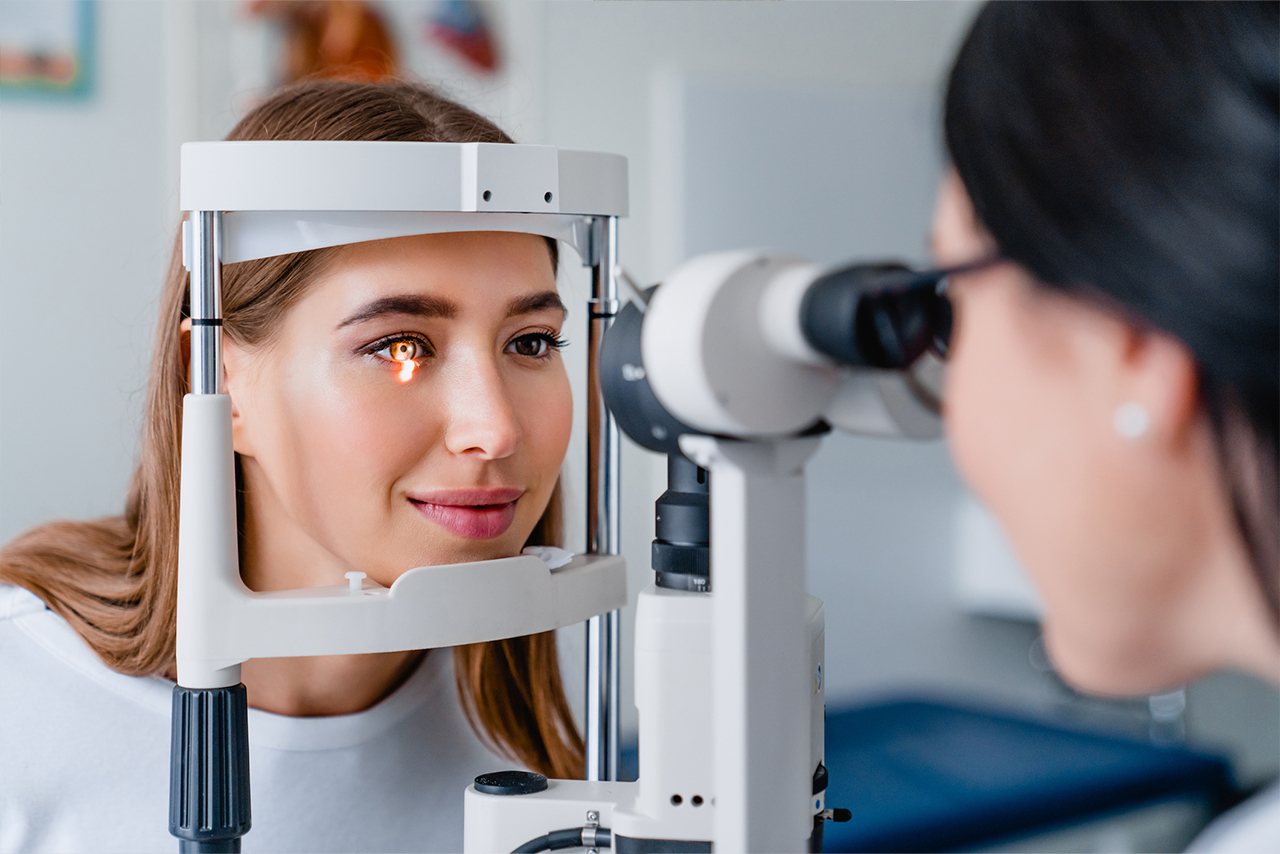Nowadays, there are many ways to get rid of unwanted hair, but laser hair removal is gaining in popularity. While this method is known for offering permanent and effective results, it has become a preferred option for many people. Here are the details and advantages of laser hair removal.
What is Laser Hair Removal?
Laser hair removal is a treatment method that targets hair follicles and aims to get rid of hair permanently. In this method, intense light energy is used to target the melanin pigment in the hair follicles. In this way, the hair follicles are destroyed and hair regrowth is prevented.
How does it work?
Laser hair removal devices work by emitting intense laser light at a specific wavelength to target the hair follicles. This light is absorbed by the melanin pigment in the hair follicles. Heat energy is transmitted by melanin to the hair follicles and destroys them. This process affects the hair growth cycle and permanently prevents hair growth.
What are the Advantages?
- Permanence: Laser hair removal provides permanent results by destroying hair follicles. When done correctly, there is no need for repeated epilation procedures.
- Efficiency: Laser hair removal can be applied effectively even on large areas. For many people, it is less painful and less time-consuming compared to other hair removal methods.
- Skin Friendly: Thanks to advancing laser technology, laser hair removal can work without irritating and damaging the skin. This makes it an ideal option for sensitive skin.
- Hair Thinning: Laser hair removal can help thin and reduce hair with each session. This results in less prominent hair growth.
Who is it suitable for?
Laser hair removal is usually a suitable option for almost everyone. However, those with dark hair and light skin color usually get the best results. This is due to the fact that the laser targets the melanin pigment. It may also not be recommended for pregnant and breastfeeding women.
Laser hair removal is an effective option for those who want to get rid of unwanted hair permanently. However, it may not be suitable for everyone and should be carefully considered. Therefore, it is important to consult a specialist and determine the right treatment plan.




